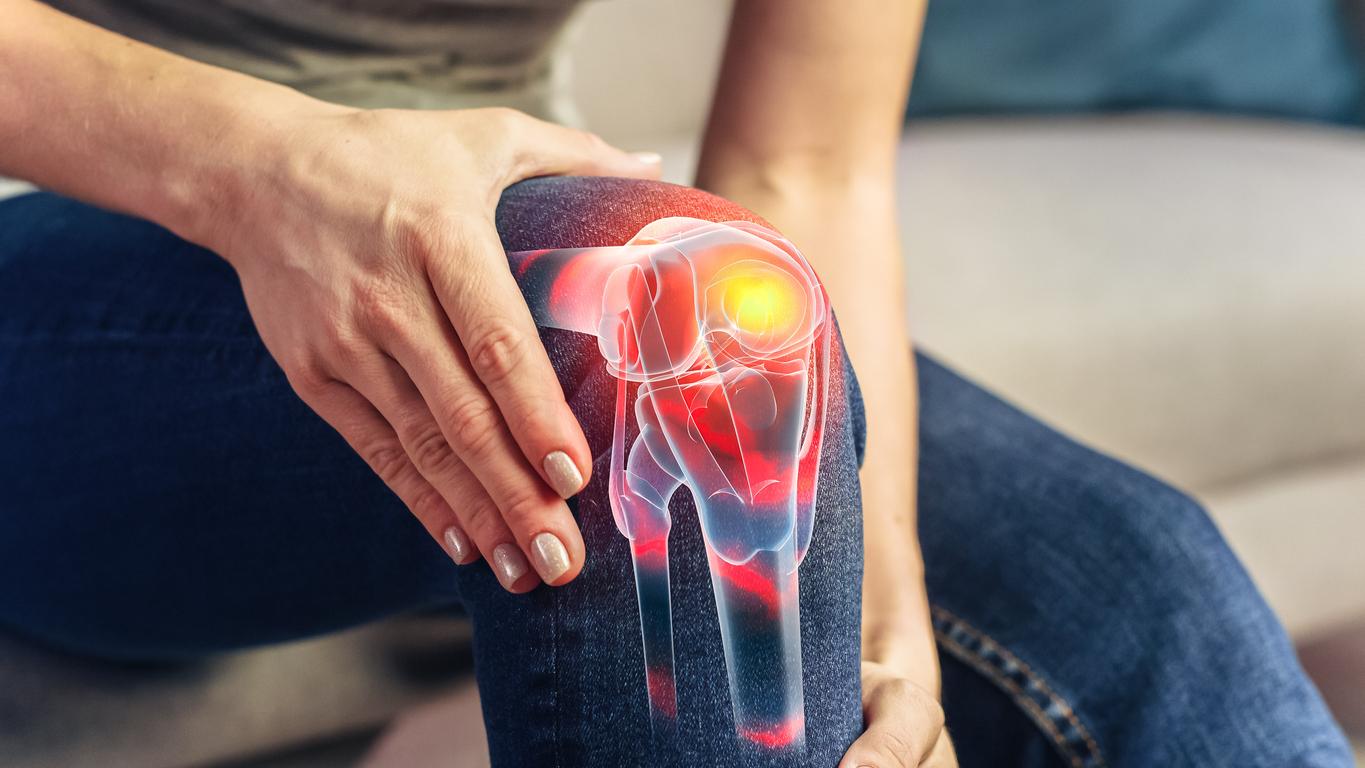The European Pharmacovigilance Committee calls for the suspension of diacerein. This anti-inflammatory drug used in the treatment of osteoarthritis has too many side effects.

Times are tough for people with osteoarthritis. This November 8, Pharmacovigilance Risk Assessment Committee (PRAC) of the European Medicines Agency (EMA) recommended the suspension of drugs based on diacerein (Art 50, Zondar and generics). These drugs, used in slow-acting atnarthrosis drugs, have too many side effects, according to the Committee.
Diacerein, which has anti-inflammatory properties, is one of the anthraquinones. This slow-acting drug blocks the action of a protein involved in the destruction of cartilage and inflammation associated with degenerative joint diseases. In July 2012, theMedicines Safety Agency (ANSM) asked the PRAC to re-evaluate the product. In her own assessment, she noted numerous gastrointestinal side effects (acute diarrhea, liver problems). It therefore considers that the benefits of diacerein are low in the treatment of osteoarthritis. What she asks the PRAC is to reconsider the authorization to market the drug in Europe.
The PRAC approves the opinion of the ANSM: it also considers that the benefit-risk ratio is negative. It points in particular to the frequency of acute diarrhea and the harmful effects on the liver with limited benefit. As long as this ratio is not better, the suspension of drugs based on diacerein is recommended in the countries of the European Union.
The Committee, in view of the available data, also concluded that these anti-inflammatory drugs had a limited effect. The PRAC’s recommendation will be sent to Coordination group for mutual recognition and centralized procedures (CMDh). If approved, member states where diacerein is authorized – including France – will have to withdraw the product from the market.
Products treating osteoarthritis are more and more in the collimator of the ANSM. Already in September, the transparency committee suggested the delisting of slow-acting symptomatic anti-arthritis drugs (AASAL) as well as that of viscosupplementations (injection of hyaluronic acid into the knee joint).
.

















